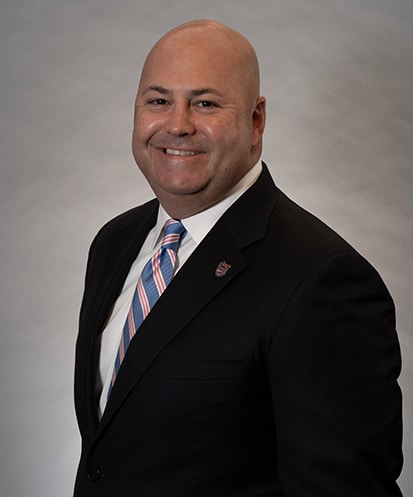Can Sleep Aid Drugs Contribute to Higher Car Crash Risk?
 A new study finds a markedly increased risk of car crashes for new users of sleeping pills. The data shows there was an increased risk of car crashes for people who began taking Restoril (temazepam), Desyrel (trazodone) or Ambien (zolpidem), and this increased risk continued for about a year, according to University of Washington researchers.
A new study finds a markedly increased risk of car crashes for new users of sleeping pills. The data shows there was an increased risk of car crashes for people who began taking Restoril (temazepam), Desyrel (trazodone) or Ambien (zolpidem), and this increased risk continued for about a year, according to University of Washington researchers.
Lower doses of sleep aids recommended by FDA
In 2013, the U.S. Food & Drug Administration asked manufacturers to lower the recommended dosage for sleep aids containing zolpidem (Ambien, Ambien CR and other sleeping pills). Even then, the FDA was examining data showing that the levels of the drug in a user’s blood might still be high enough the next morning to impair alertness. In its warning the FDA also warned the public that all drugs taken for insomnia can impair driving and any other activities that require alertness.
The study looked at the driving records of people who took any of the sleep aids mentioned and found that they had anywhere from a 25% to a three times higher risk of getting into a car accident. The research team looked at the medical and driving records of more than 400,000 people who were also drivers. Six percent of those received new prescriptions for sleep aids, and here is what they found:
- Drivers who took Restoril had a 27% increased risk of being in a car crash
- Taking Desyrel nearly doubled the risk of a crash
- Taking Ambien carried the highest risk: users were more than twice as likely as someone not taking the drug to be involved in a car crash
The study compared the risk estimates to the equivalent of 0.06 percent and 0.11 percent BAC levels with the legal blood alcohol level in the U.S. of 0.08 percent.
Impaired driving causes accidents
When you get behind the wheel after having takin sleeping medication the night before, your level of alertness and your inability to make the split-second decisions required to drive a car safely puts yourself and the drivers who share the road with you in danger of a collision. The U.S. National Highway Transportation Safety Administration (NHTSA) reports that 94% of accidents are caused by various forms of human error.
If you are someone who routinely takes sleep aids you might have a conversation with your doctor about adjusting your dose so that you do not run the risk of driving while still impaired by the drug you took the night before. If you have been injured in a car accident that was caused by a driver who was impaired by sleeping pills, you may be able to take legal action against the negligent party.

Christopher T. Nace works in all practice areas of the firm, including medical malpractice, birth injury, drug and product liability, motor vehicle accidents, wrongful death, and other negligence and personal injury matters.
Read more about Christopher T. Nace.
